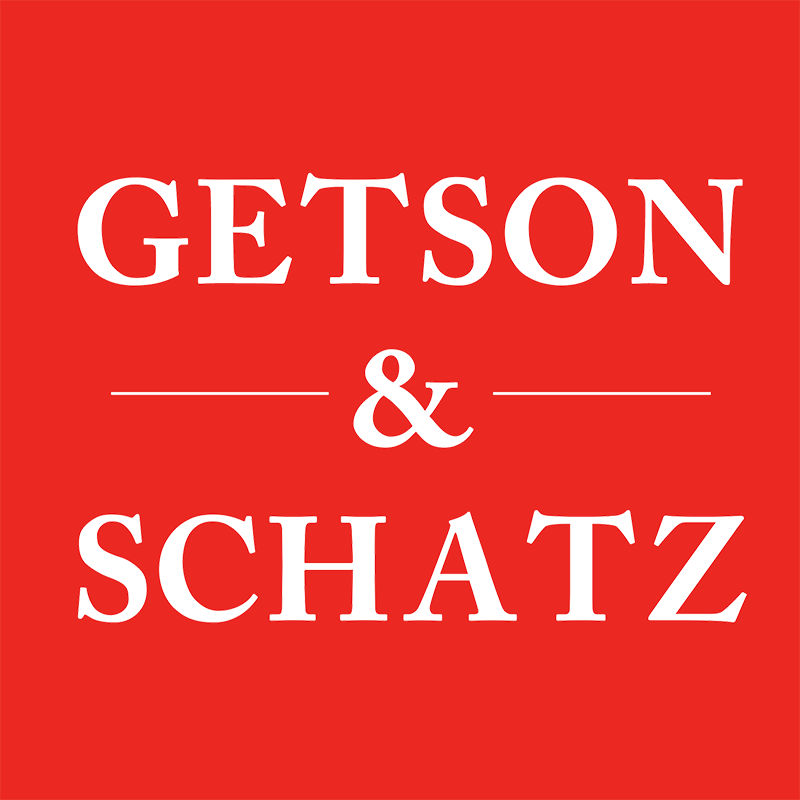Our immigration lawyers recently aided a foreign national with extraordinary ability in the sciences obtain an EB-1A petition approval, thereby giving our client the opportunity to continue his research in the United States that will undoubtedly aid health care in the United States.
The EB-1A visa category is reserved for foreign nationals who are one of the small percentage of individuals who have risen to the very top of their field of endeavor and have enjoyed sustained national or international acclaim. The Regulations require such a foreign national to submit evidence from three of the ten enumerated categories to demonstrate that he or she has sustained national or international acclaim and that his or her achievements have been recognized in the field of expertise. The foreign national must also show that he/she has achieved the required level of success by a preponderance of the evidence. Further, the EB-1A classification allows foreign nationals to self-petition. EB-1A immigrant petitions do not require an employer to sponsor the foreign national worker or a Labor Certification to be filed in support of the petition. However, these advantages come with intense scrutiny from USCIS to ensure the foreign national does, in fact, satisfy three of the ten enumerated categories and meets the required level of success.
Our client is a world renowned researcher in the field of biomarker discovery and analysis for the diagnosis of cancer and overcoming antibiotic resistance. He sought an EB-1A petition approval in order to remain in the United States and conduct research at a biotech company on biomarker discovery and analysis for the diagnosis of colon cancer, which affects approximately 5% of men and women in the United States. Getson & Schatz provided a detailed, highly technical, yet easily readable description of the foreign national’s research history and accomplishments.
In addition, Getson & Schatz submitted documentation to show that the foreign national satisfied the following five categories listed in the Regulations: criterion (ii), his membership in associations in the field for which classification is sought, which require outstanding achievements of their members, as judged by recognized national or international experts in their disciplines or fields; criterion (iii), published material about the foreign national in professional or major trade publications or other major media, relating to his work in the field for which classification is sought; criterion (v), evidence of the foreign national’s original scientific, scholarly, artistic, athletic, or business-related contributions of major significance in the field; criterion (vi), evidence of the foreign national’s authorship of scholarly articles in the field, in professional or major trade publications or other major media; and criterion (viii), evidence that the foreign national has performed in a leading or critical role for organizations or establishments that have a distinguished reputation.
USCIS agreed that the evidence submitted showed by a preponderance of the evidence that our client was qualified for EB-1A status, and granted his self-petition. Our client subsequently applied to adjust status (Form I-485), obtain a travel document (Form I-131), and an employment authorization document (I-765) for him and his dependent spouse following approval of his immigrant visa petition.

